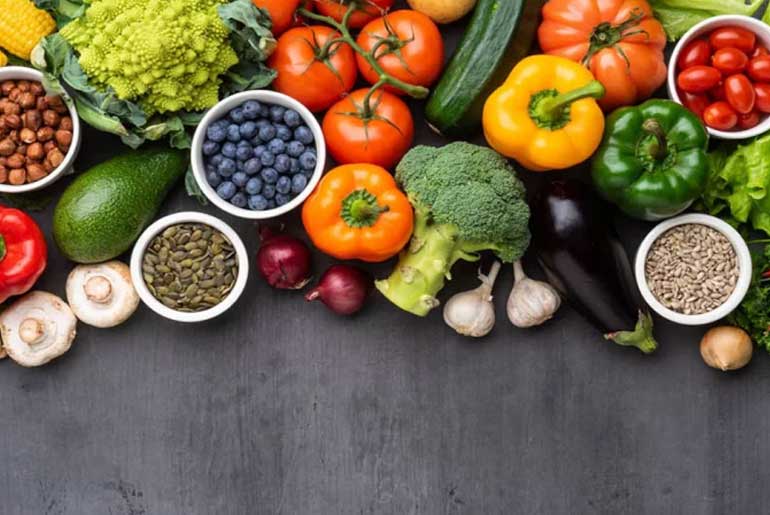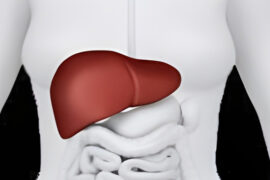1. Fluids:
Staying properly hydrated is essential for bolstering the immune system and guarding against infections. Maintaining the right fluid balance supports the circulation of immune cells and the elimination of toxins, while also ensuring the health of mucous membranes that act as barriers against pathogens. Adequate hydration aids in the optimal function of the lymphatic system, which plays a crucial role in immune responses. By promoting efficient immune cell activity, detoxification, and barrier functions, staying hydrated becomes a fundamental strategy in the fight against infections.
2. Fruits:
Incorporating a variety of seasonal fruits into your diet is a key strategy for enhancing immunity and dengue prevention. Seasonal fruits, such as jamun, pears, plum, cherries, peaches, papaya, apples, and pomegranates, are rich in vitamins A and C, antioxidants, and fiber. These nutrients support digestion, maintain gut health, and trigger immune responses. The diverse range of vitamins and minerals present in these fruits contribute to a robust immune system, helping the body defend against pathogens. By including these nutrient-packed fruits, you can harness their immune-boosting properties to strengthen your body’s defenses and promote overall well-being.
3.Vegetables:
A variety of colorful and seasonal vegetables into your diet is essential for fortifying the immune system and warding off infections. Different colored vegetables, rich in vitamins A, C, and minerals like zinc and magnesium, serve as potent antioxidants that enhance immune activity. Their diverse nutrients foster good gut health and aid in maintaining optimal immune function. The combination of vitamins and minerals found in these vegetables supports the body’s defense mechanisms against pathogens, making them a vital component of a well-rounded, immunity-boosting diet.
4. Spices:
Harnessing the power of spices and herbs in your diet can significantly contribute to strengthening the immune system and preventing infections. Spices such as turmeric, ginger, garlic, pepper, cinnamon, cardamom, and nutmeg offer anti-inflammatory, antifungal, antiviral, antimicrobial, and antibacterial properties. These potent compounds regulate immune cells, such as T-cells, crucial for defending the body against pathogens. Integrating these spices generously into your meals during this season can amplify immune responses and overall health, making them indispensable allies in the pursuit of bolstered immunity & dengue prevention.
5. Nuts:
Nuts serve as a valuable addition to your diet, playing a vital role in fortifying the immune system and reducing the risk of infections. Loaded with proteins, healthy fats, vitamins, minerals, and antioxidants, nuts contribute to a healthy gastrointestinal tract and immune function. The proteins and amino acids found in nuts are foundational building blocks for the body, supporting immune cell activation and the production of antibodies. By incorporating a variety of nuts, such as almonds, walnuts, chia seeds, flaxseeds, and sunflower seeds, you can harness their nutritional richness to enhance your body’s immunity, dengue prevention and overall well-being.
6. Probiotic:
Integrating probiotics into your diet offers a powerful strategy for enhancing immunity, dengue prevention and safeguarding against infections. Probiotics, found in foods like yogurt, buttermilk, cheese, kefir, kombucha, and soybeans, contain beneficial bacteria that positively impact the digestive system and bolster the immune response. These “good” bacteria help maintain a healthy balance in the gut microbiota, which is closely linked to immune function. By consuming probiotic-rich foods, you can support the optimal functioning of your immune system, promoting a robust defense against pathogens and contributing to overall immune health.
You can boost your immune system by including these nutrients:
- Vitamin A: Found in foods like carrots, sweet potatoes, papaya, and apricots, Vitamin A contributes to immune function and helps maintain the health of mucous membranes.
- Vitamin C: Citrus fruits like lemon, amla, and oranges are rich in Vitamin C, which is known for its antioxidant properties that aid in immune defense.
- Vitamin E: Present in sunflower seeds, safflower seeds, almonds, and pistachios, Vitamin E supports immune cells and helps protect cells from oxidative stress.
- Vitamin D: Fortified milk, sunlight exposure, mushrooms, eggs, and fish are sources of Vitamin D, which is vital for immune function and overall health.
- Zinc & Selenium: Foods like chia seeds, pumpkin seeds, whole pulses, eggs, and fish provide these minerals essential for immune cell function and antioxidant defense.
- Probiotics & Prebiotics: Including foods like curd, yogurt, and fermented items supports gut health and thus strengthens the immune system.
- Indian Herbs & Spices: Herbs and spices like tulsi, ginger, lemongrass, garlic, turmeric, black pepper, and coriander possess anti-inflammatory and antimicrobial properties, aiding immune responses.
- Omega-3 Fatty Acids: Nuts and seeds such as almonds, walnuts, chia seeds, flax seeds, and sunflower seeds contain omega-3s that have anti-inflammatory effects and support overall health.
- Hydration: Staying hydrated through fluids like coconut water, lemonade, soups, buttermilk, and green tea helps maintain bodily functions, including immune response.
Foods to Avoid:
- Limit carbonated drinks, cold drinks, and sugary beverages.
- Avoid consuming raw, stale, or roadside food to prevent infections.
- Minimize fried, deep-fried, and processed foods.
- Steer clear of processed items like cheese and mayonnaise, and avoid alcohol, smoking, and tobacco.
Remember that a balanced and varied diet, along with proper hygiene and mosquito control measures, are important for preventing dengue and maintaining overall health. It’s always a good idea to consult with a healthcare professional or registered dietitian for personalized guidance based on your specific needs and circumstances.
Disclaimer:
The information contained in this article is for educational and informational purposes only and is not intended as a health advice. We would ask you to consult a qualified professional or medical expert to gain additional knowledge before you choose to consume any product or perform any exercise.








